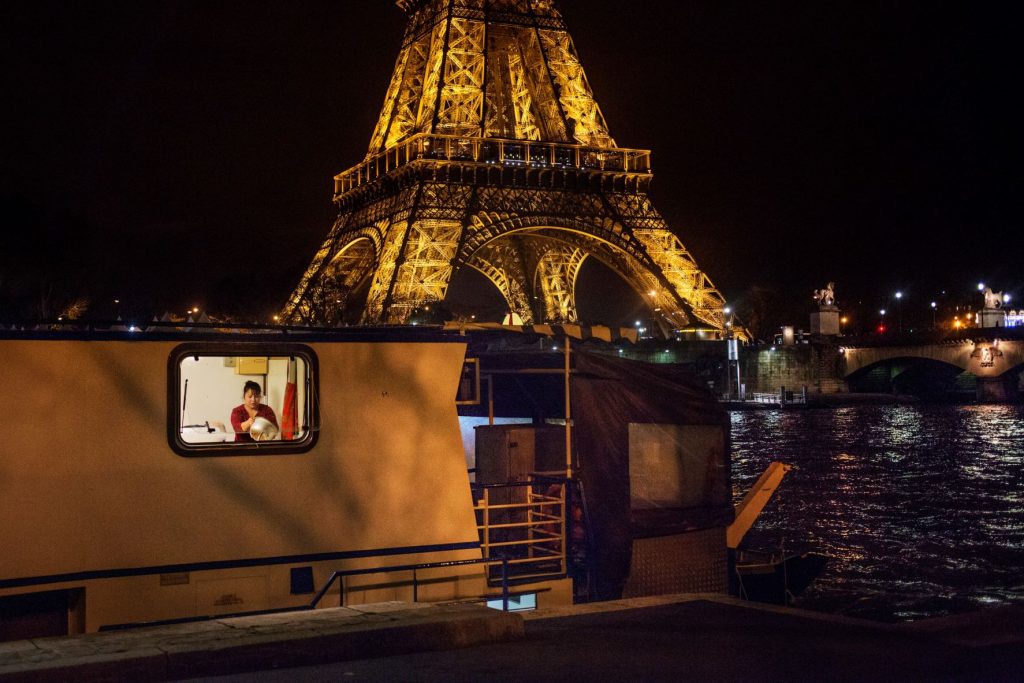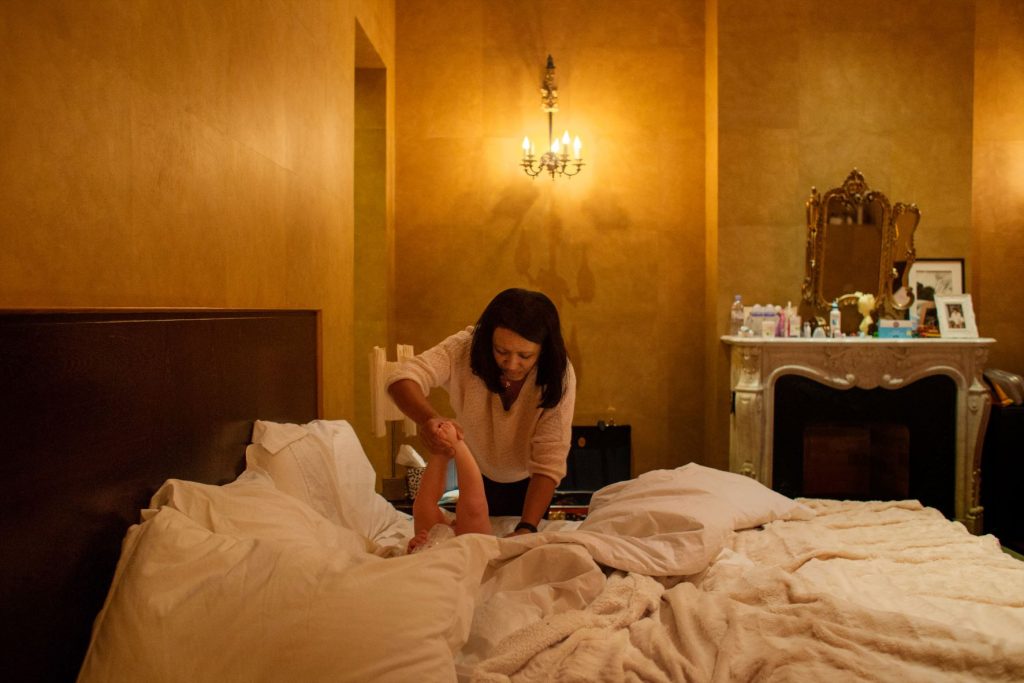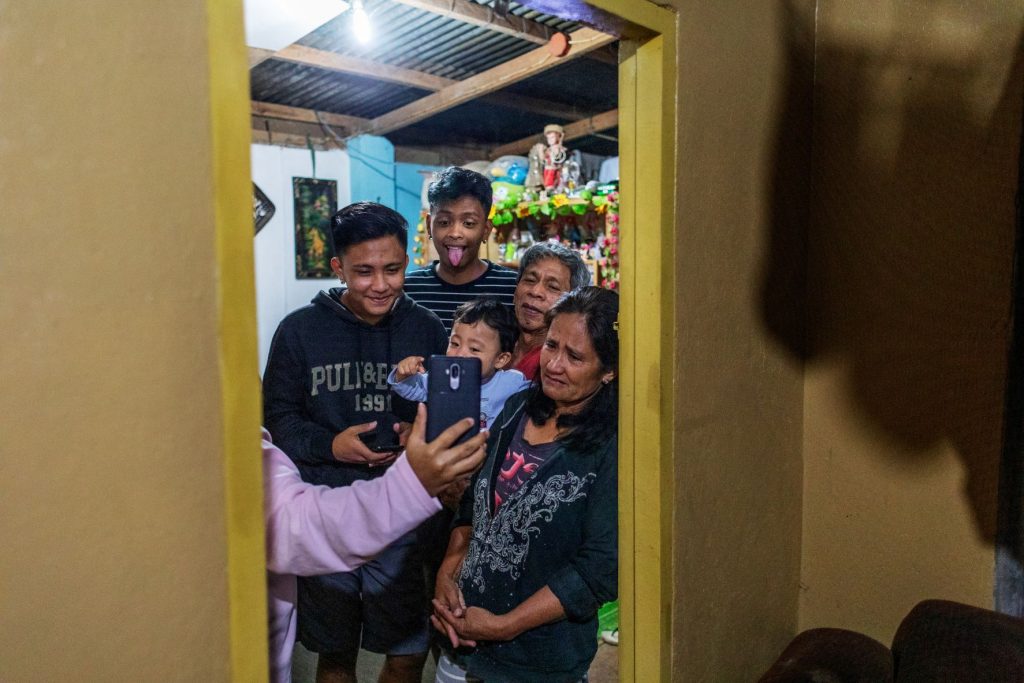The exodus of women from developing countries to work for wealthy families in rich countries is an increasing trend in the 21st century. With nearly 10 million Filipinos living and working abroad, the Philippines is considered one of the world’s leading labor exporting countries.
Remittances sent by this diaspora represent around 10% of GDP. But at what price? In France, there are nearly 50,000 of them, 80% of whom are women, the Filipinas , all domestic workers, an almost invisible workforce, exploited by employers who benefit from diplomatic immunity and subject to the precariousness of their undocumented status.
Many of them live abroad, sacrificing their family lives to improve the one of those who have stayed behind, and to finance the studies of their children in order to grant them a better future. For the past six years the photographer has been following the journey of Donna, and bear witness of her working conditions in Parisian apartments, the exploitative climate in a villa on the French Riviera, the moments of comfort brought by her community and the life of her family back in the Philippines.
Donna, 42 years old, comes from a poor peasant family living in a rural village in the mountains, 300 km from Manila. Her parents have always cultivated the land. She got married very young and has 4 children. She dreamed of becoming a nurse but decided to go abroad to pay for her children’s education.
Before arriving in Paris 10 years ago, she had to pay a smuggler 13,000 euros. When she arrived in Paris, she started working full time for a rich family from the Gulf countries, and in a villa on the French Riviera. She sends all her income back home for her and her children’s school fees. Her eldest daughter, Nicole, 21 years old, managed to get her nursing degree and Donna is very proud of her daughter.. Without papers, she still doesn’t know when she will be able to return to the Philippines. It has been over 10 years since she has last seen her children and family.
Photo copyright: © Thomas Morel-Fort.



